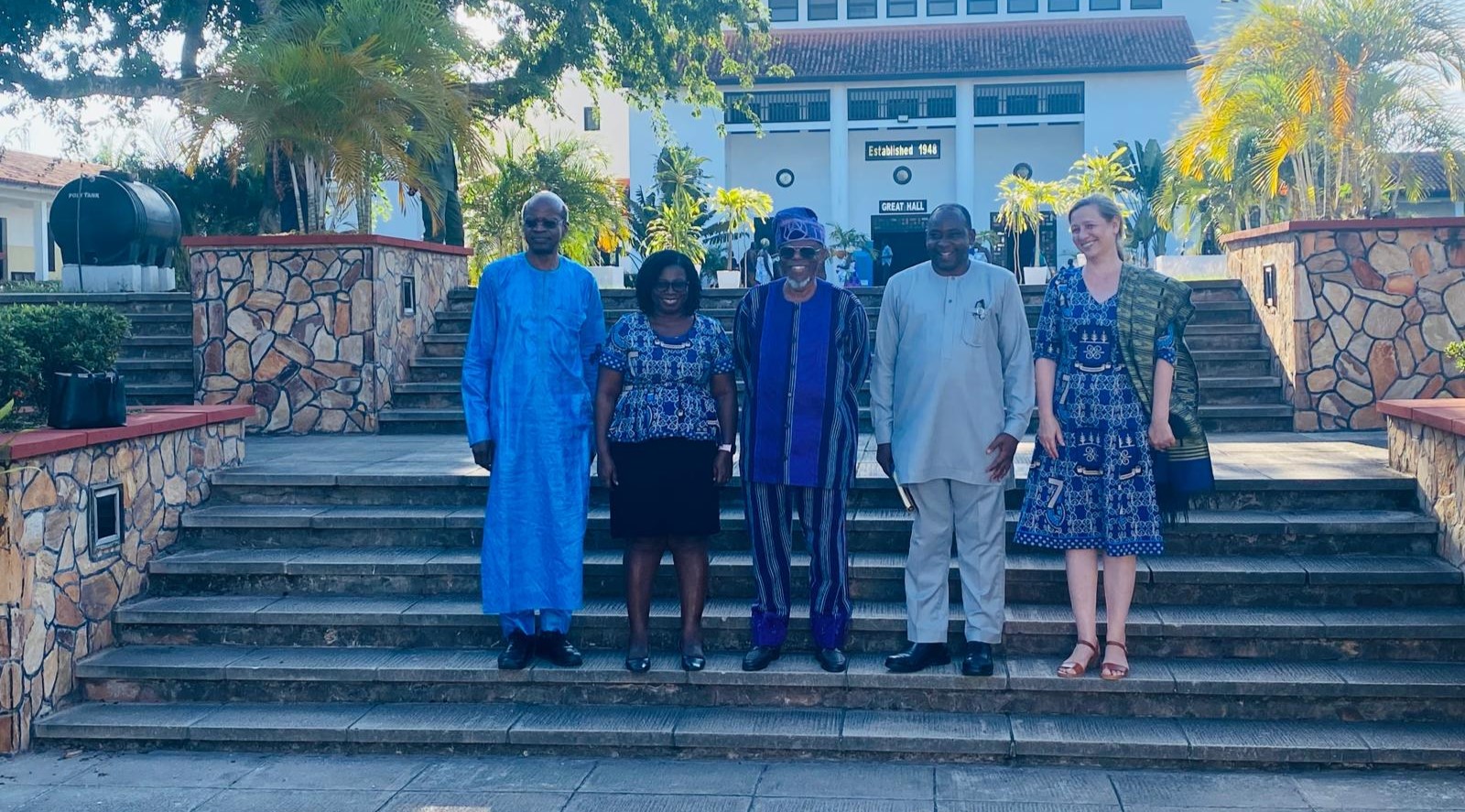
Professor Toyin Falola, a distinguished African historian, has launched African Ancestral Studies, a revolutionary academic program designed to reshape the narrative around African history and intellectual traditions. He did this at the prestigious 2024 Anton Wilhelm Lecture held at the University of Ghana on Tuesday.
Through African Ancestral Studies, Falola aims to foreground indigenous African epistemologies—ways of knowing that have been historically sidelined or outright erased by colonial and postcolonial academic frameworks.
One of the most critical aspects of Falola’s new programme is its emphasis on reclaiming indigenous African knowledge systems that have been systematically overlooked in academic discourse. For centuries, African epistemologies were dismissed as primitive or unscientific by colonial historians and anthropologists, whose work often framed Africa as a passive recipient of outside influence rather than as a contributor to world knowledge.
Falola stressed that this new field seeks to correct such misrepresentations by showing that African societies possessed sophisticated systems of knowledge long before colonial contact. From governance structures to spiritual practices, African Ancestral Studies will explore the intricacies of how African peoples understood their worlds, structured their communities, and navigated their relationships with the cosmos.
He also argued that African Ancestral Studies will confront the limitations of mainstream history and anthropology, fields that have historically been dominated by Eurocentric perspectives.
Mainstream academic disciplines, according to Falola, often replicate a colonial canon that misrepresents Africa’s past and minimises its intellectual and cultural achievements. African history, when told through this distorted lens, frequently reduces Africa to a backdrop for European exploration, conquest, and colonisation, thereby stripping the continent of its agency. African Ancestral Studies, by contrast, will work to place African voices at the centre of historical and cultural inquiry, focusing on Africa’s self-conception rather than external portrayals.
Falola spotlighted the relevance of concepts such as community, interdependence, and respect for nature—principles that are deeply rooted in African cosmologies and spiritual practices. These ethical frameworks, developed through centuries of ancestral veneration and cosmological reflection, offer alternatives to the individualism and materialism that often dominate Western ethical paradigms. In Falola’s view, African Ancestral Studies will not only serve to correct historical distortions but will also provide students with new ways of thinking about the world’s most pressing problems, from environmental degradation to social inequality. The programme’s integration of these philosophical traditions into contemporary academic discourse is vital for a more just and sustainable future.
A vital aspect of Falola’s vision is the programme’s focus on Pan-Africanism, a movement that seeks to unify Africa with its global diaspora. Falola explained that African Ancestral Studies would explore the historical, cultural, and spiritual connections between Africa and its diaspora, particularly those formed in the wake of the transatlantic slave trade. For descendants of enslaved Africans in the Americas and the Caribbean, reconnecting with ancestral knowledge provides a path toward reclaiming cultural identity and healing the psychological wounds of displacement. The programme will investigate how African traditions have been preserved, transformed, and reinterpreted across the diaspora, emphasizing the resilience of African cultures in the face of centuries of oppression.
In promoting Pan-Africanism, Falola stated that African Ancestral Studies would serve as a bridge between Africa’s past and its future, showing how ancestral knowledge systems continue to shape contemporary African societies. By focusing on rites of passage, cosmological beliefs, and spiritual practices, the programme will help students understand how African peoples have historically defined their identities and their relationships to the universe. These ancestral traditions, Falola emphasized, are not static relics of the past but dynamic and evolving practices that have sustained African communities for generations.
The historian told the gathering that the new programme will create an academic space where African voices, experiences, and perspectives are prioritised in shaping the global understanding of Africa. Falola underscored that the exclusion of African perspectives in historical and anthropological research has led to the persistence of harmful stereotypes and oversimplified portrayals of the continent. This new field of study, he believes, will serve as a corrective, fostering a deeper appreciation for the complexity and richness of African life.






